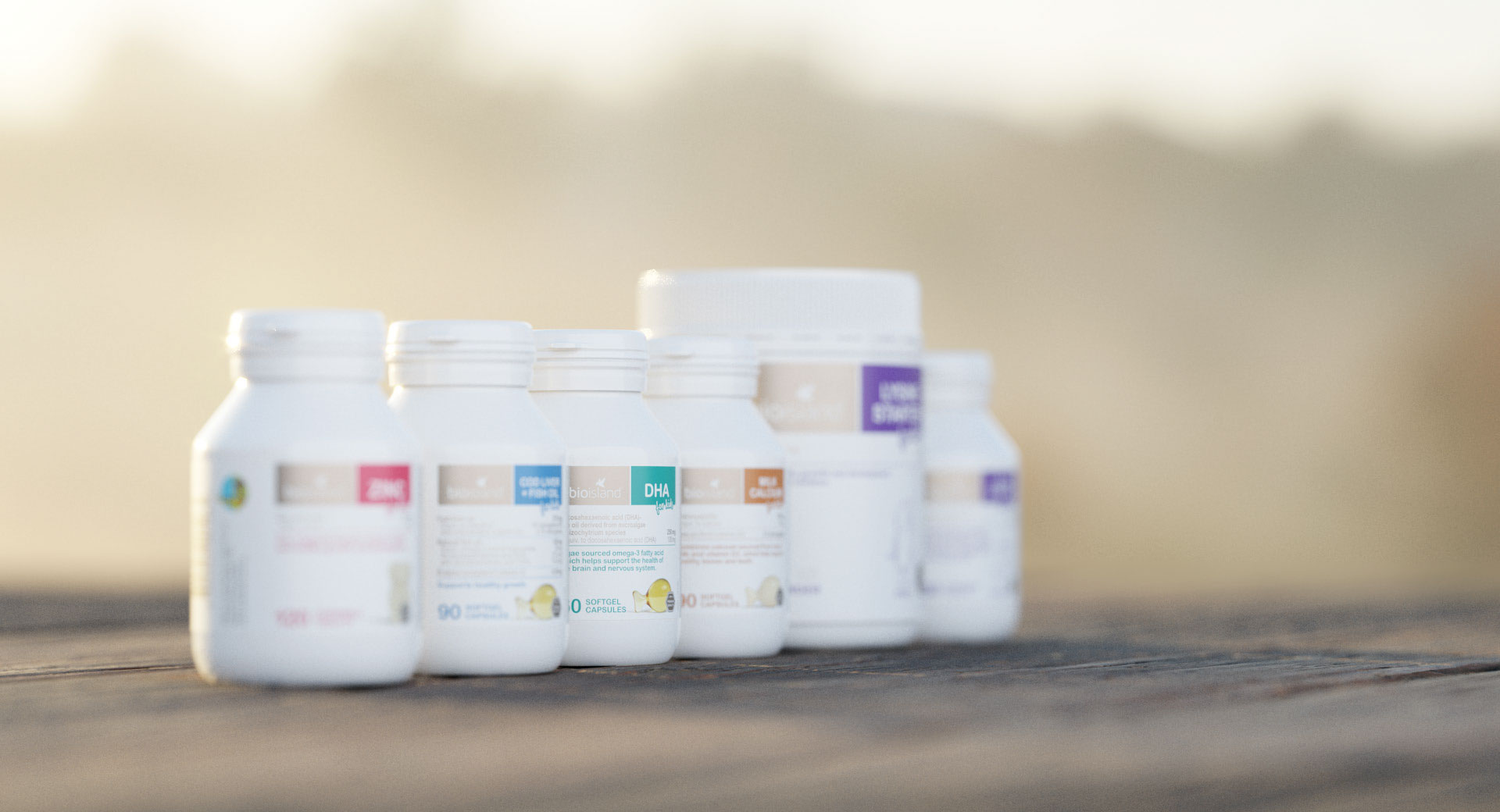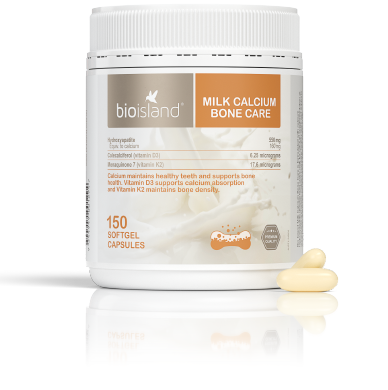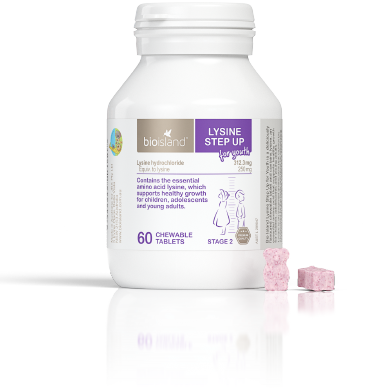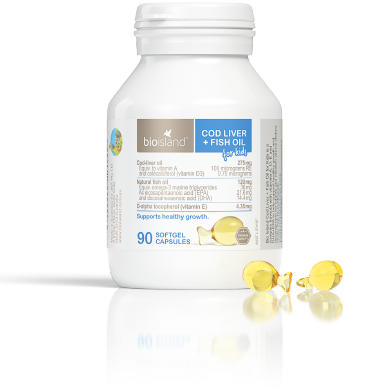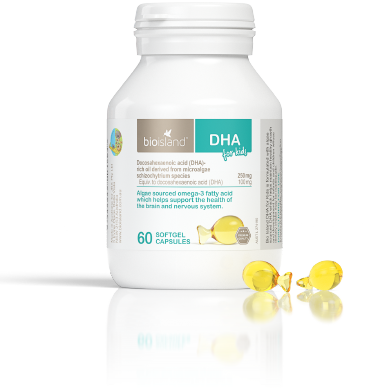
Maintaining a healthy metabolism
Your metabolism can be influenced by many factors such as age, gender, muscle to fat ratio, amount of physical activity and hormone function.
By Bio Island Nutrition Team
So, what is our metabolism?
In short, our metabolism is an organic and chemical process in which living organisms rely on to maintain life.
In the human body the metabolism combines nutrients with oxygen to release energy into the body to function. So, when we see the word kilojoules it is the measure of energy value in foods. The number of kilojoules your body burns is to maintain vital body functions such as heart rate, brain function and breathing. If your body consumes more kilojoules (energy) than it needs, it usually stores as fat.
Your metabolism can be influenced by many factors such as age, gender, muscle to fat ratio, amount of physical activity and hormone function. Risk factors of a declining metabolism can present as;
- Abdominal obesity. Usually presents as excess fat in the stomach or hip area.
- High triglyceride levels
- Low HDL cholesterol
- High blood pressure
- High fasting blood sugar.
So, to maintain a healthy metabolism you may need to implement some healthy lifestyle changes.
Diet is one of them. You should aim to increase healthy proteins such as fish, lean meats, poultry, eggs, nut, seeds and legumes. Protein plays a huge role in increasing our metabolism, maintaining muscle mass and decrease the feeling of hunger. You would also want to make sure you eat healthy fats such as nuts, seeds, avocados as these will increase our HDL cholesterol otherwise known as the “good cholesterol”. Making sure you have a balanced diet with lots of fruits, vegetables and wholegrains increases fibre, vitamin and mineral intake all needed for a healthy metabolism. By incorporating a well-balanced diet this will also help maintain a health weight range which reduces risk factors later on.
Exercise is also an extremely important when thinking about our metabolism as the more physical activity you do the more kilojoules you use/ burn. Cycling, swimming and strength training are great ways of increasing your metabolism as they increase muscle mass. We want to increase muscle mass when thinking about our metabolism as muscles are metabolically active which means it requires more calories than fat to be maintained. The more muscle you support the more calories you will burn. You can think of it as a fat burning machine.
Another intervention that should be implemented and plays a huge role in how your metabolism works is sleep. Sleep deprivation disrupts our bodies circadian rhythm and reduces a lot of the time that our bodies must stop and rest. When our body doesn’t get that proper rest, it means our metabolism slows down and tries to hold onto the body’s resources such as energy. Which is why we want to implement good sleep hygiene or in other words good sleep habits. Creating a sleep ritual is the best way to make sure your sleep is at its best they can be by setting regular times of when you go to bed and when you wake up so your body gets into a routine, making sure the bed is only for sleeping helps build these habits, so removing any technology and not eating in bed should be implemented.
This information does not take into account your personal situation and is general in nature. You should consider whether the information is appropriate for your needs and seek professional medical advice.
Always consult your healthcare professional before taking any supplements or if any concerns arise.
